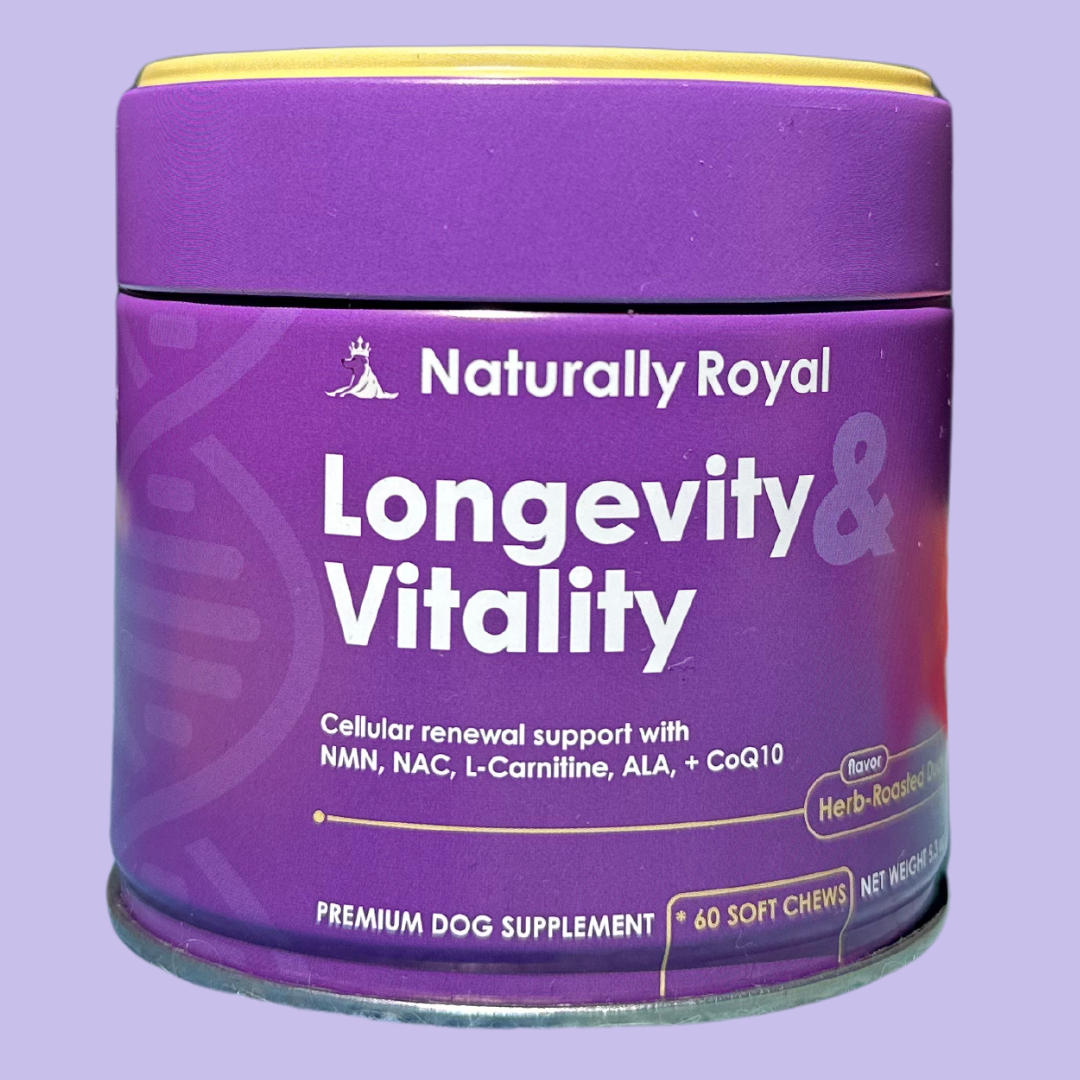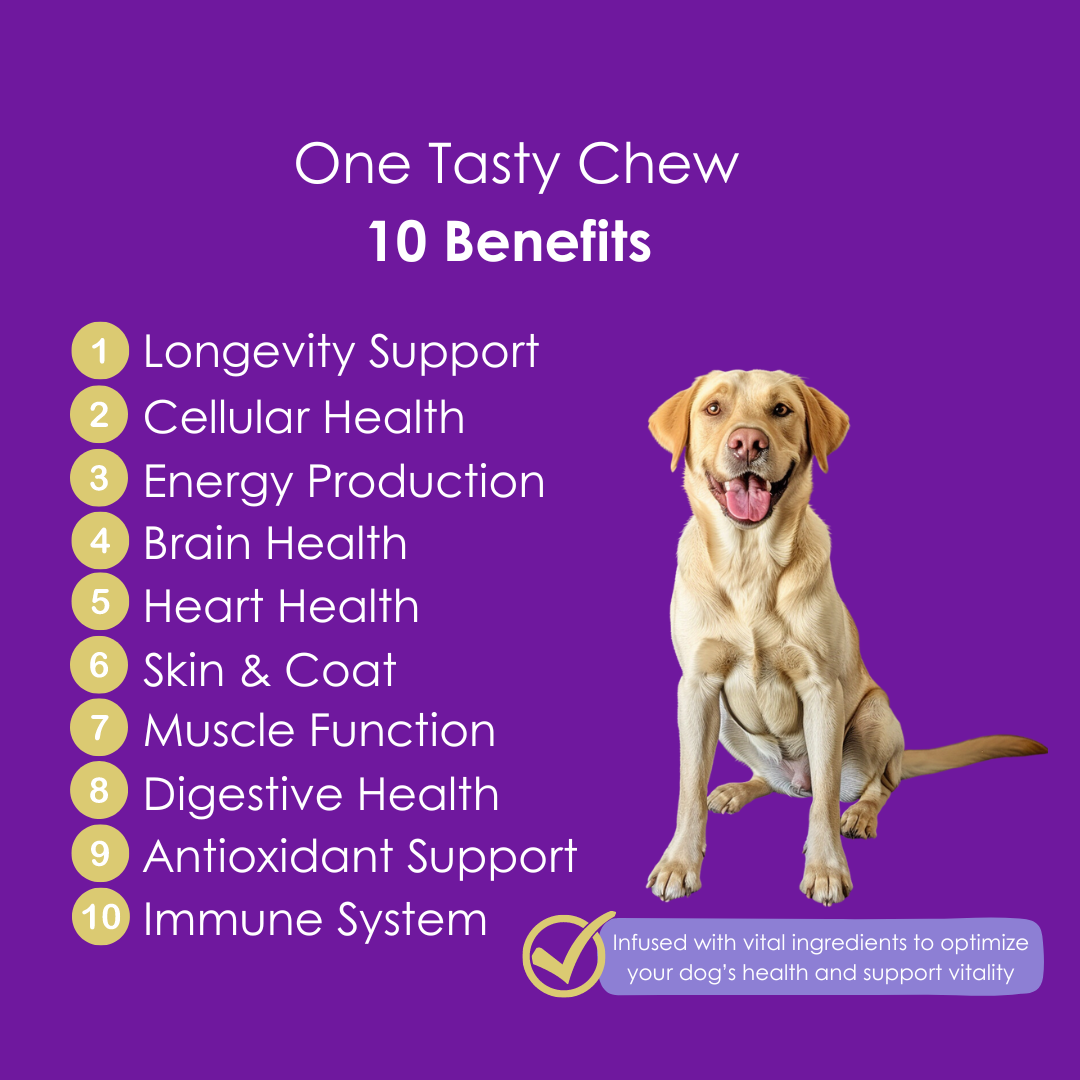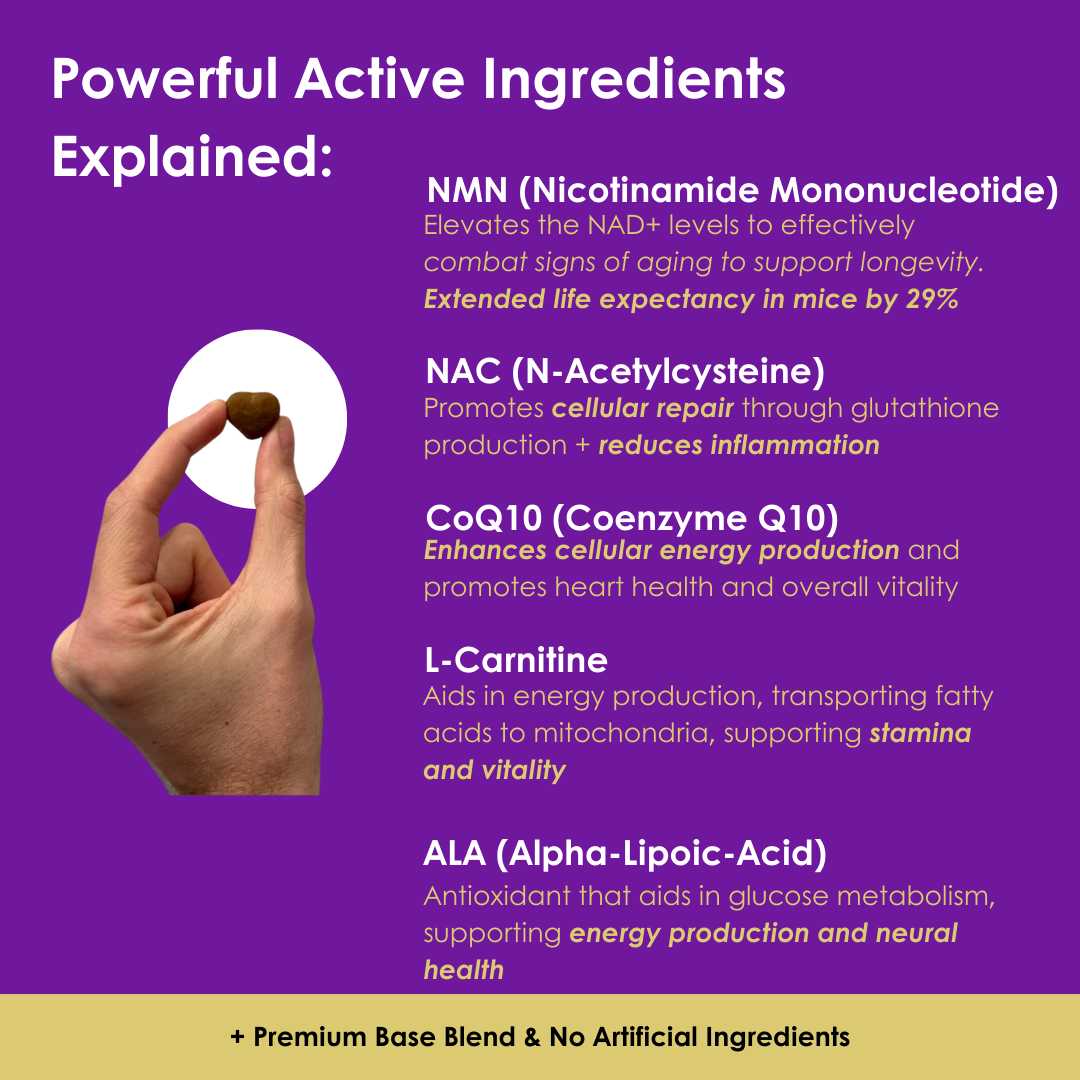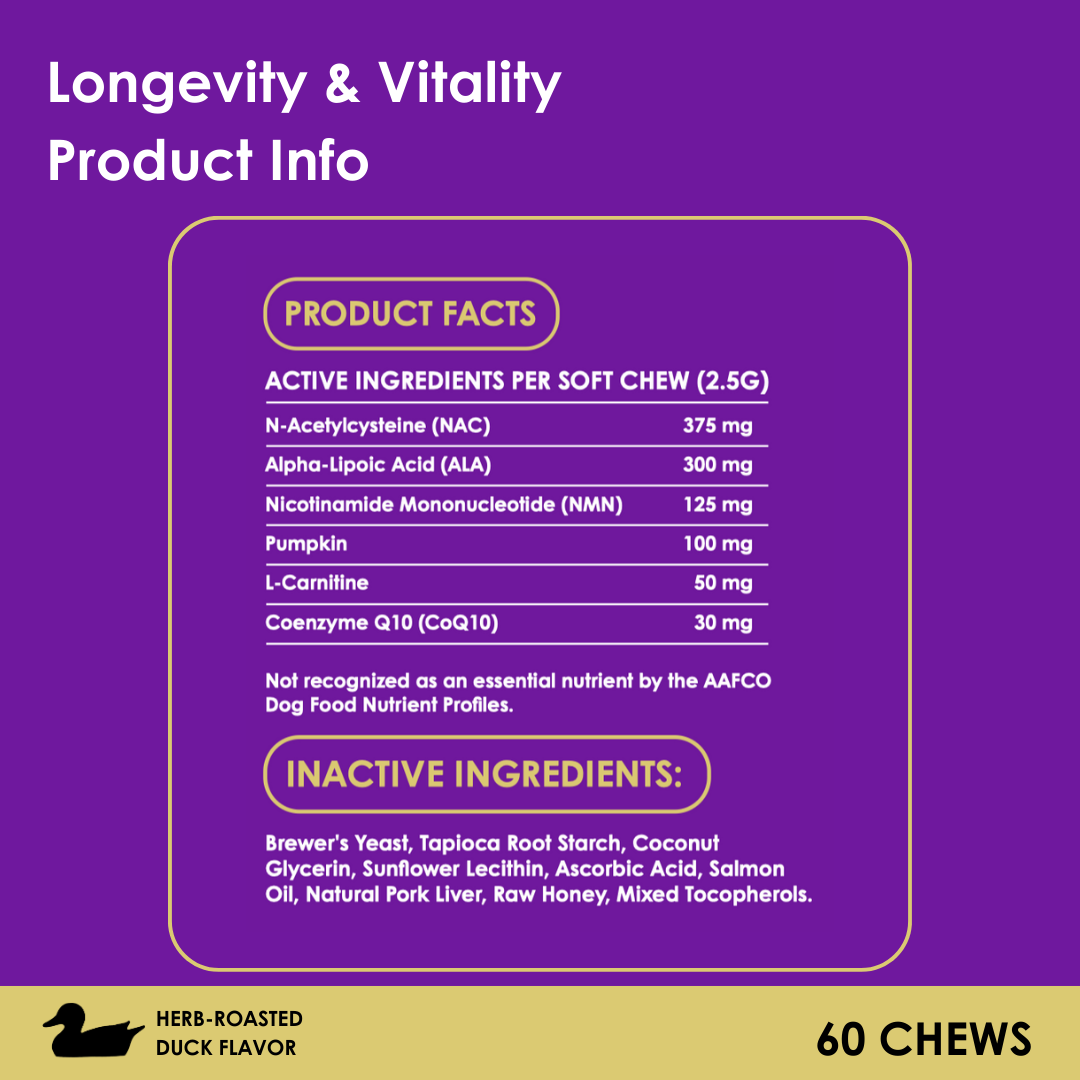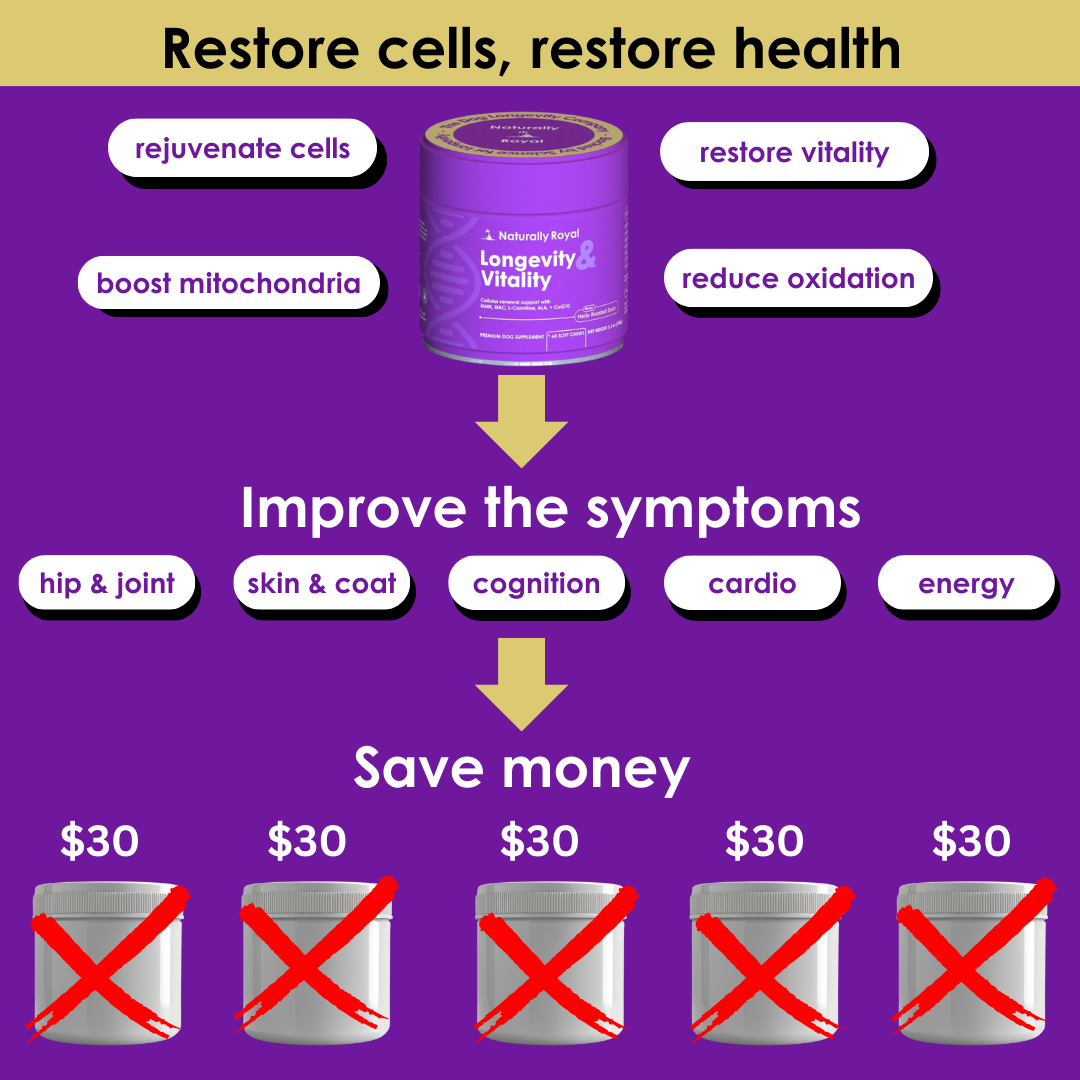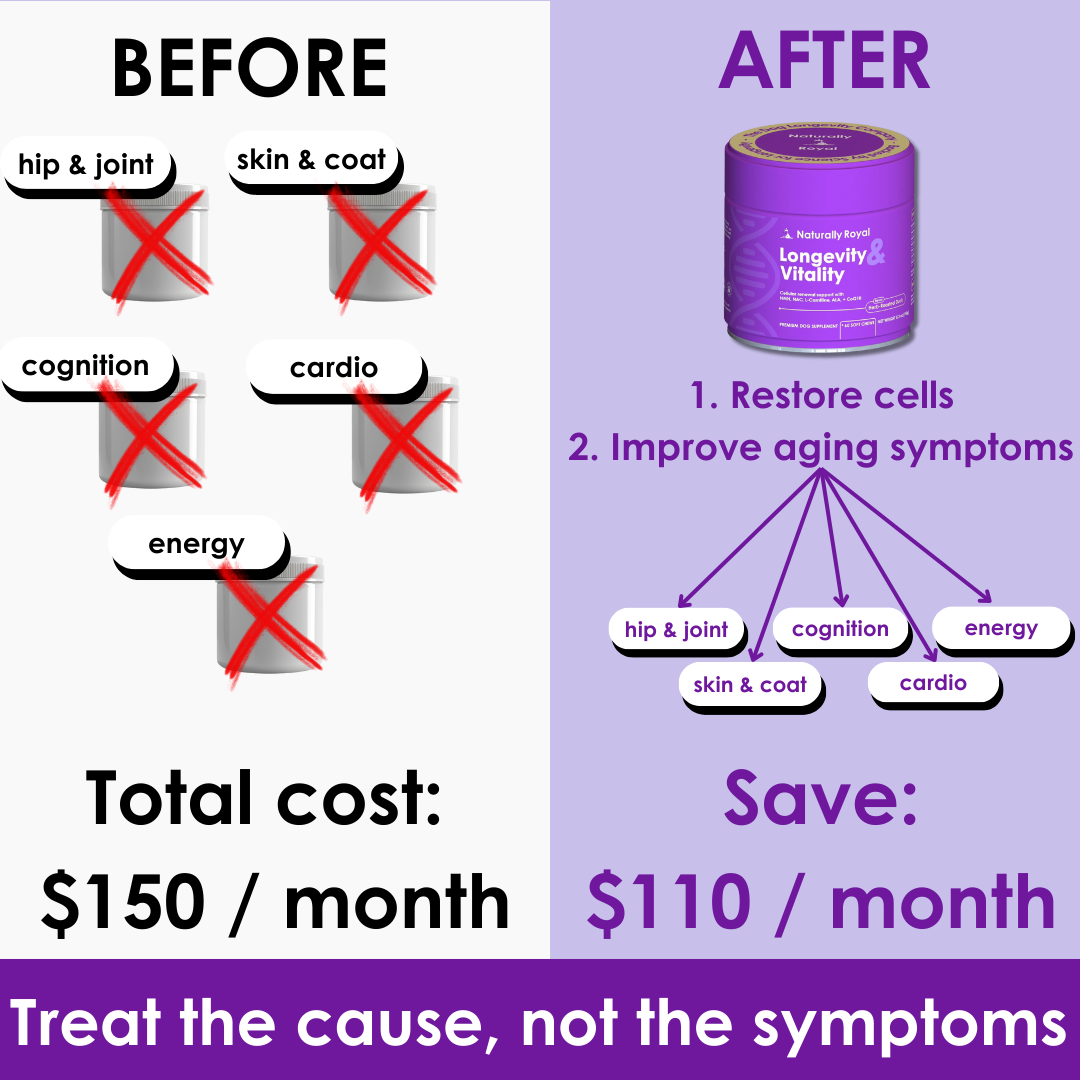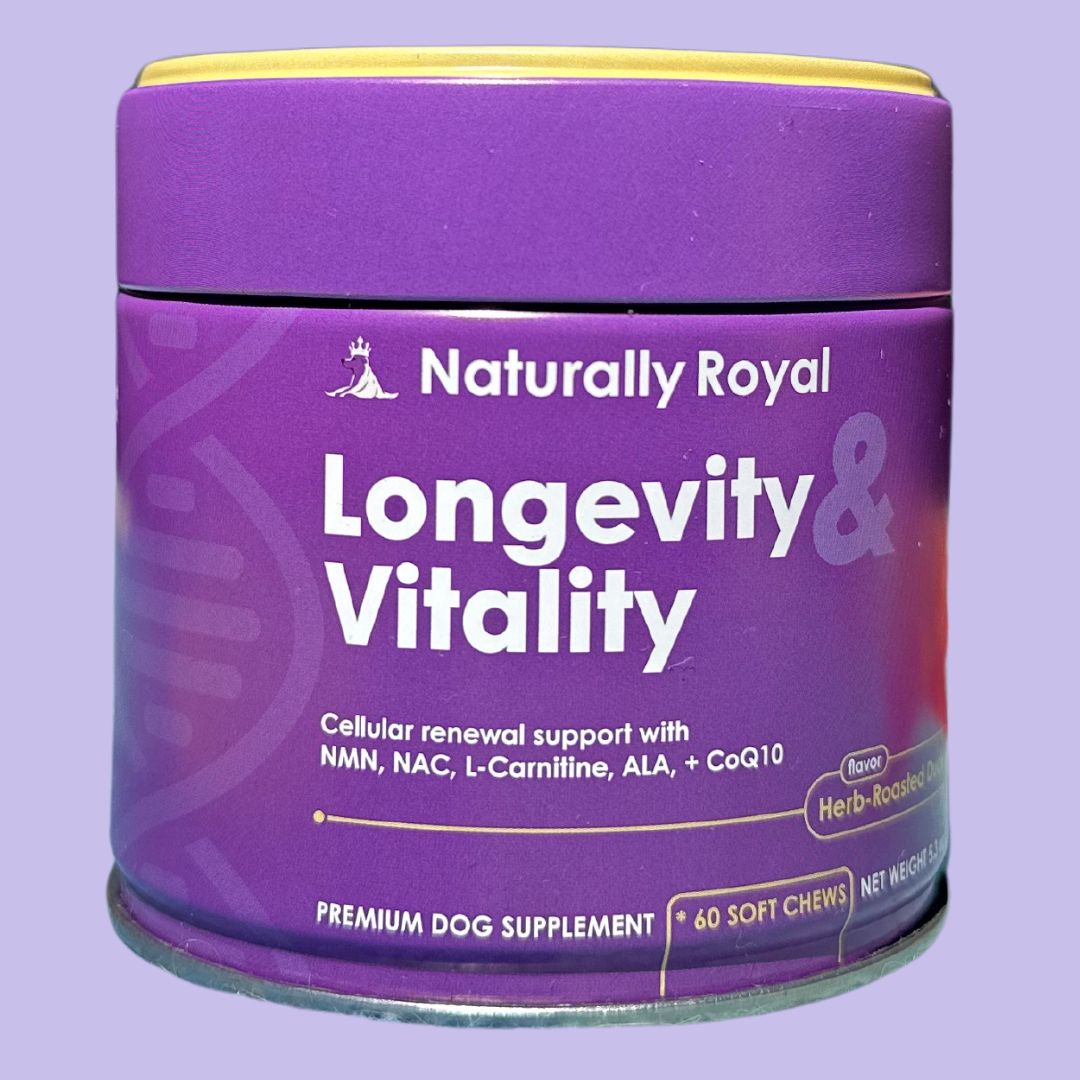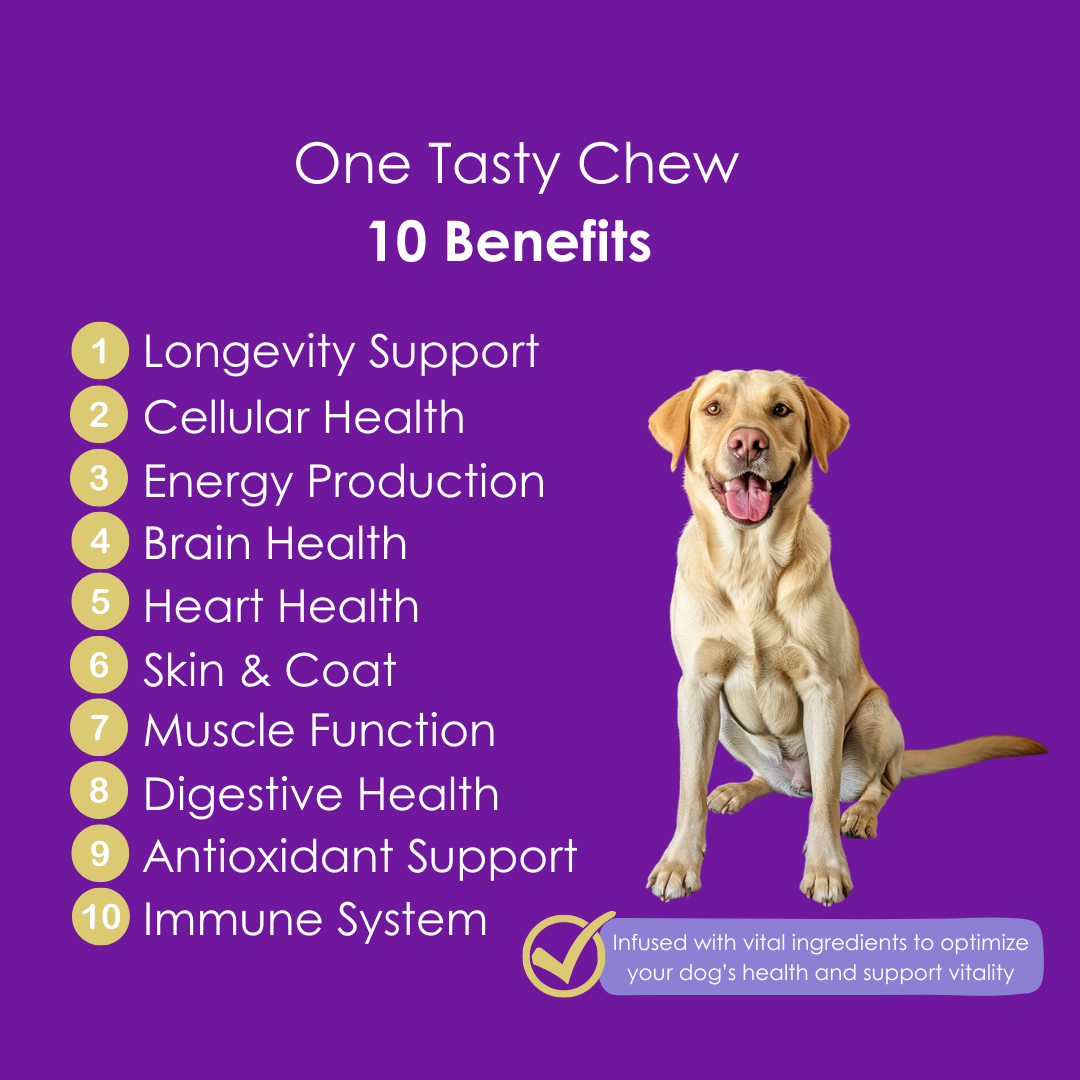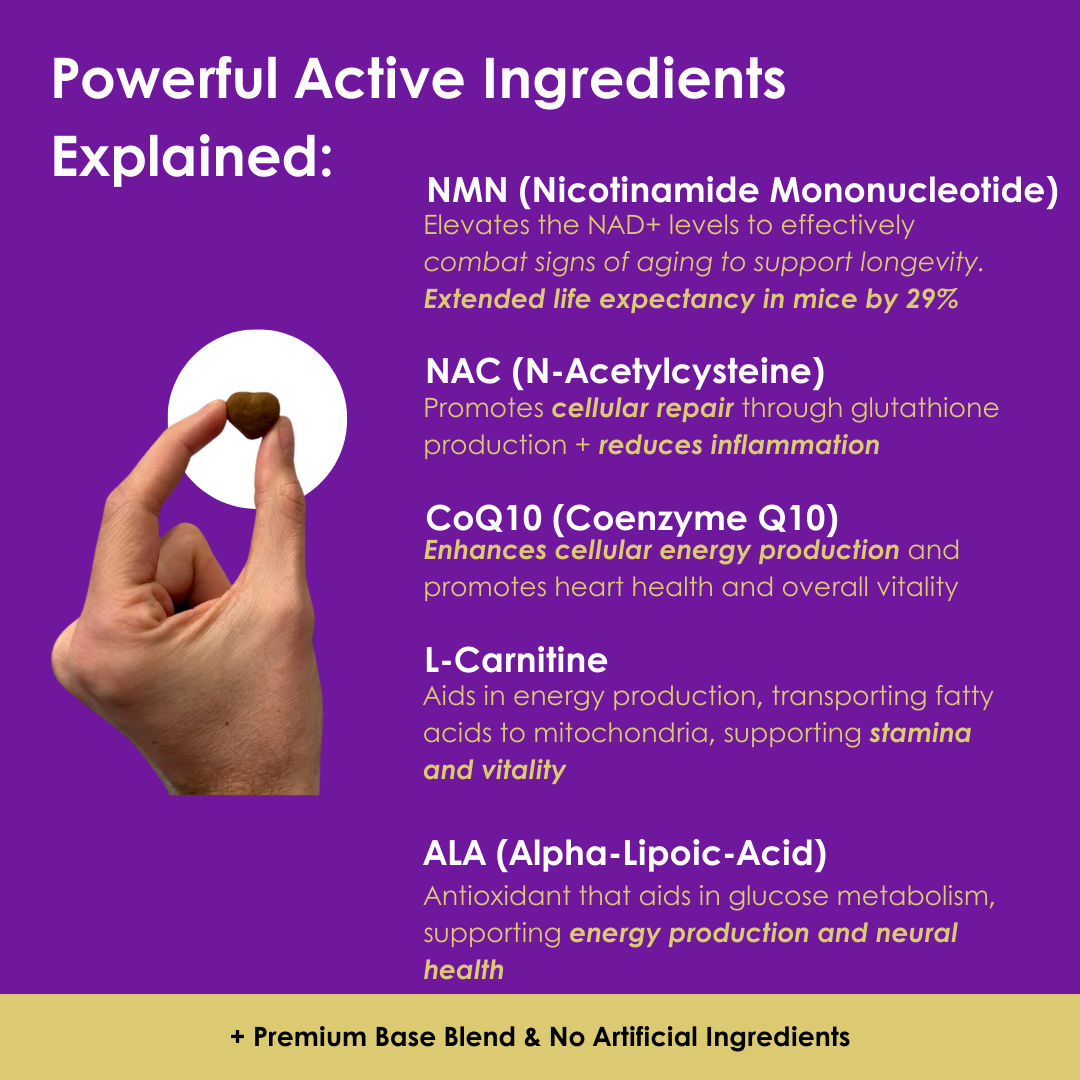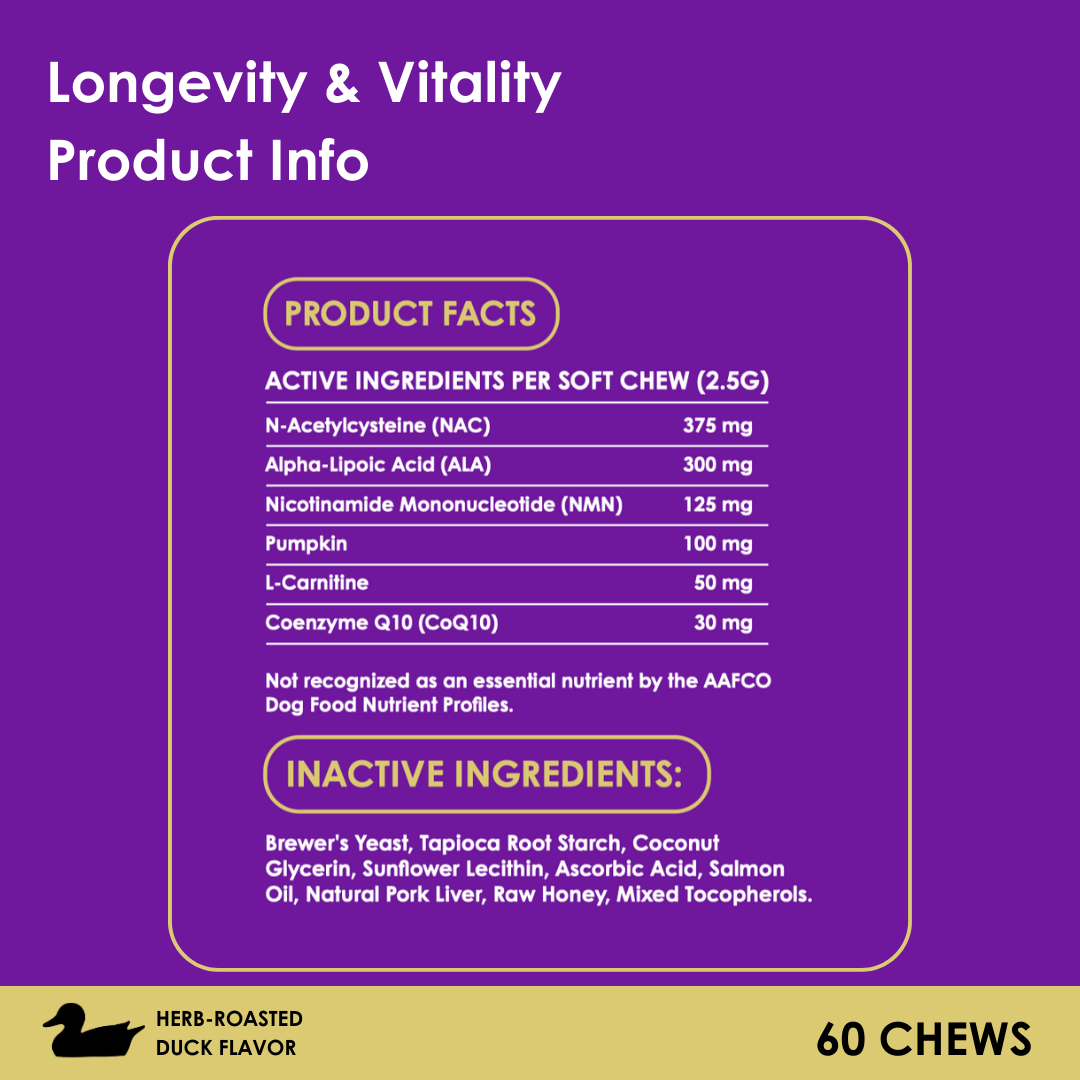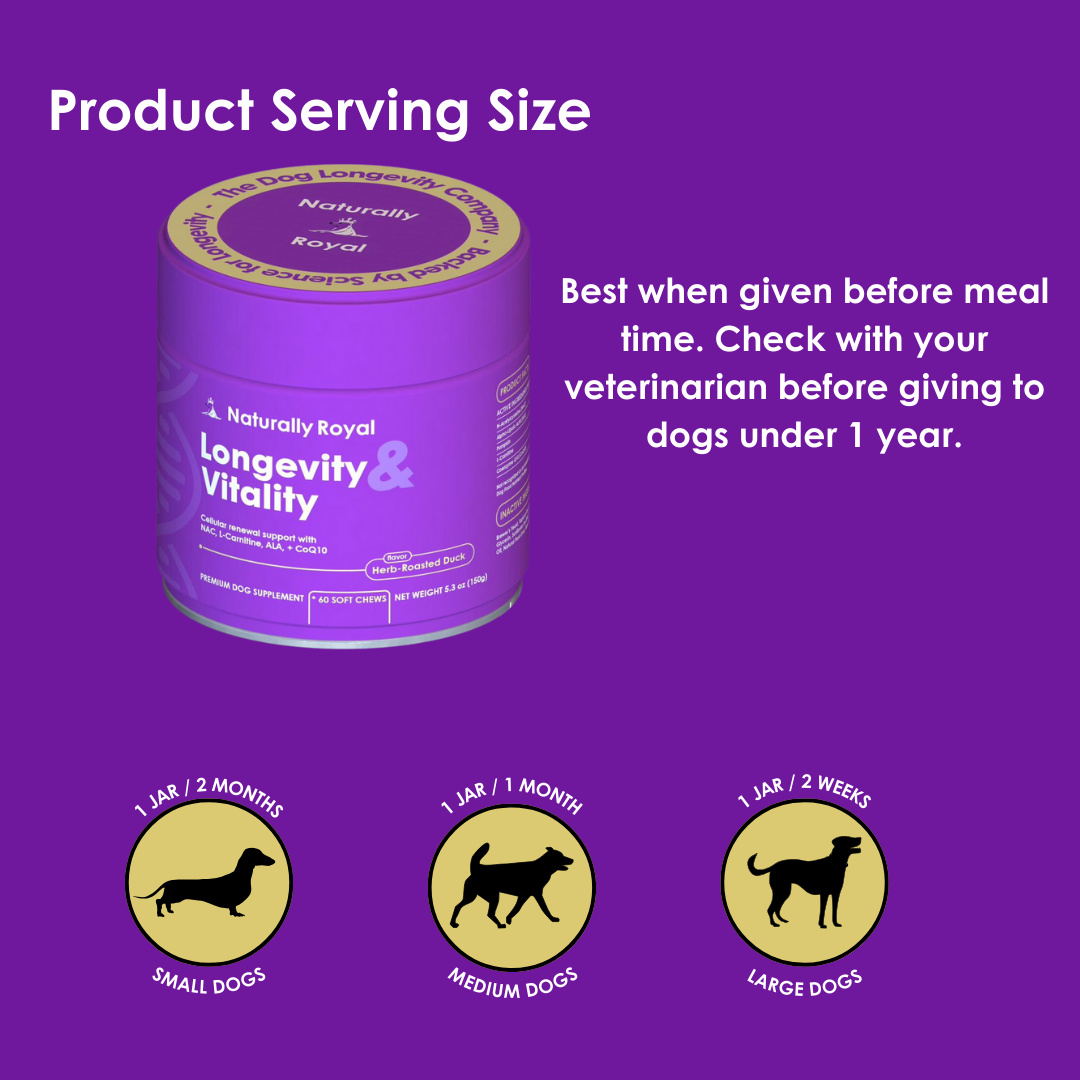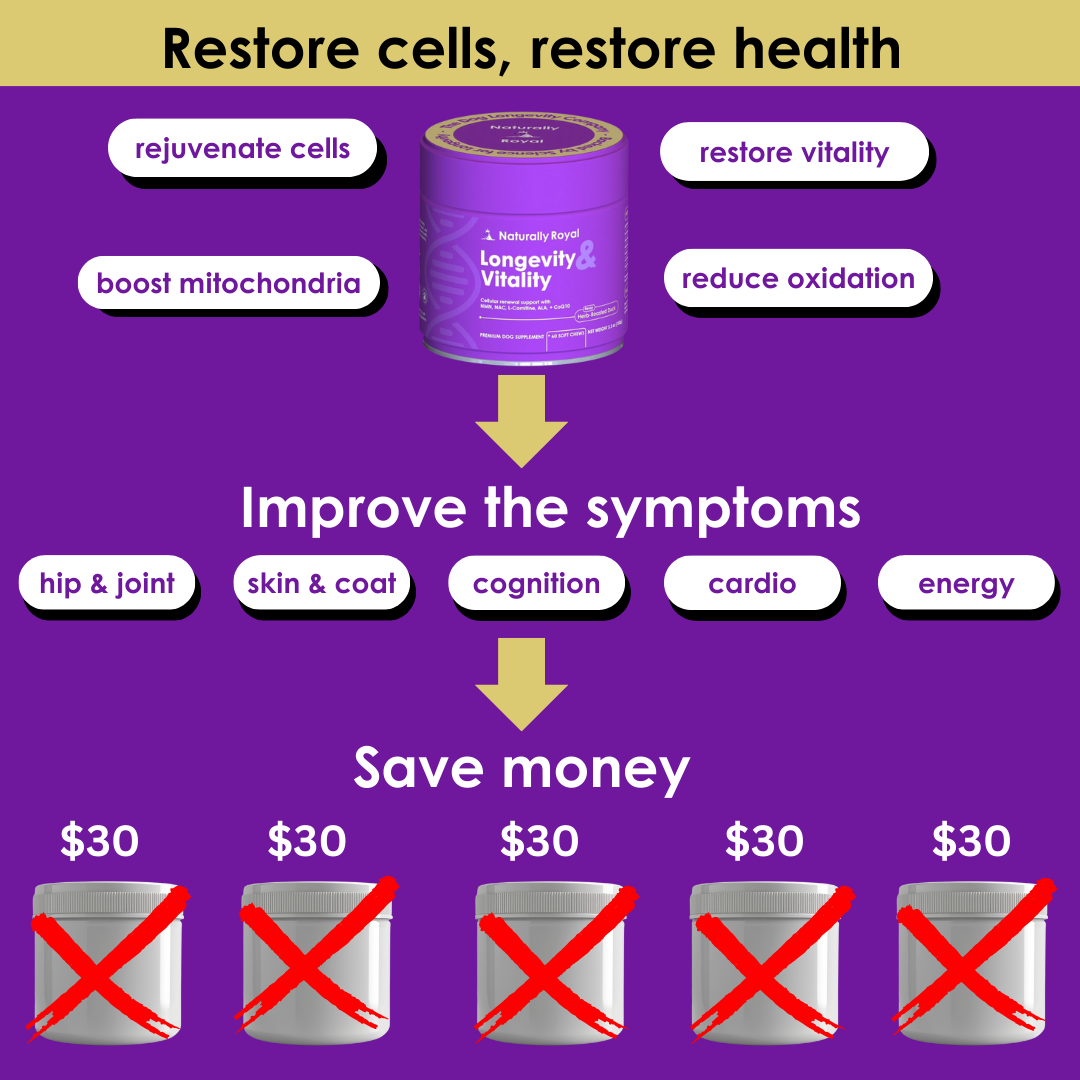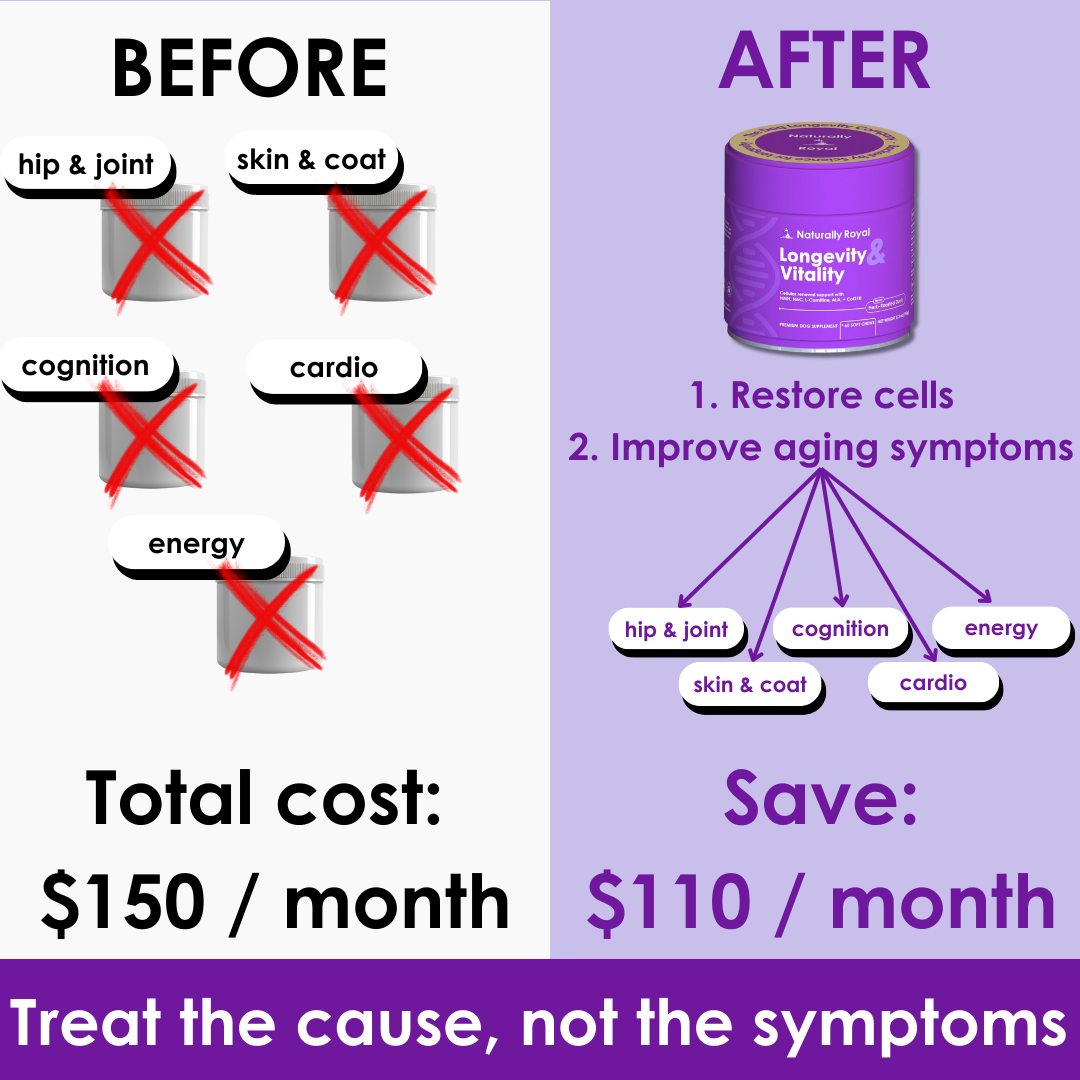Fighting Cancer with Heartburn Medication
Recent research from Texas A&M University suggests that heartburn medications, specifically proton pump inhibitors (PPIs), could play a role in fighting cancer and other immune disorders in dogs. This discovery opens up new possibilities for enhancing cancer treatments and improving the longevity of our canine companions. Let's look into the findings, how PPIs can affect dogs, and their potential impact on dog health and lifespan.
Why PPIs Were Studied:
PPIs are commonly used to treat heartburn and acid reflux by inhibiting proton pumps that control stomach acid production. Researchers at Texas A&M discovered that these medications might also affect proton pumps in cancer and immune cells, potentially enhancing the effectiveness of chemotherapy.
How PPIs Can Help Fight Cancer:
Cancer cells thrive in an acidic environment, which helps them grow and spread. These cells have their own proton pumps, known as vacuolar ATPases (V-ATPases), that maintain this acidity. PPIs may inhibit these pumps, disrupting the acidic conditions that cancer cells need. By doing so, PPIs could:
- Reduce Tumor Growth: Inhibit the acidic environment that promotes tumor growth and metastasis.
- Enhance Chemotherapy: Make cancer cells more susceptible to chemotherapy by preventing them from resisting the treatment (PetMD) .
Impact on Immune Function:
PPIs might also affect immune cells, such as mast cells, which use proton pumps to regulate the release of molecules that fight diseases and inflammation. This dual effect means timing is crucial when using PPIs in cancer treatment to ensure they do not impair the immune response when it is needed most.
Implications for Dog Longevity:
The use of PPIs in combination with chemotherapy could potentially improve treatment outcomes for dogs with cancer, leading to longer and healthier lives. By:
- Reducing Tumor Growth: Dogs could experience fewer cancer-related health issues.
- Improving Treatment Success: Enhanced effectiveness of chemotherapy could mean better management or eradication of tumors.
Future Research and Clinical Trials:
The researchers at Texas A&M are currently running clinical trials to test the effectiveness of PPIs on dogs with mast cell tumors. This research aims to uncover more about how these medications can be used to improve cancer treatment in veterinary medicine.
Conclusion:
The potential for heartburn medications like PPIs to fight cancer and improve the effectiveness of chemotherapy in dogs is an exciting development. If proven effective, this could significantly impact the longevity and quality of life for dogs suffering from cancer. As always, any new treatment should be discussed with your veterinarian to ensure it is safe and appropriate for your pet.


